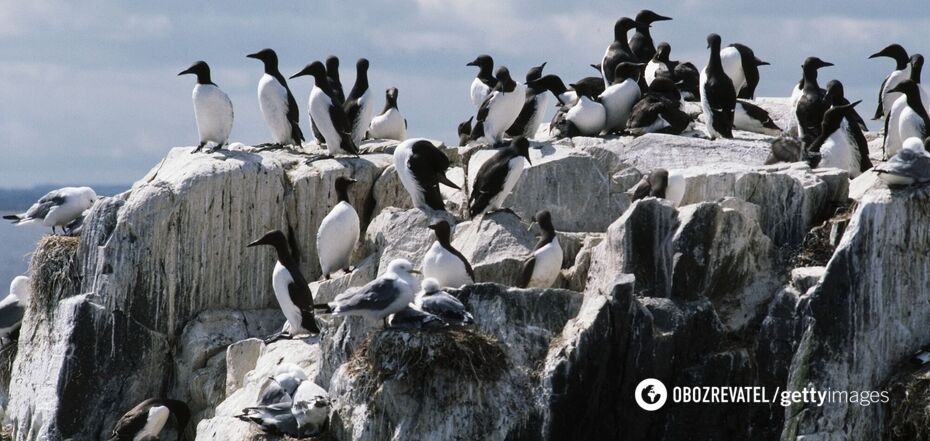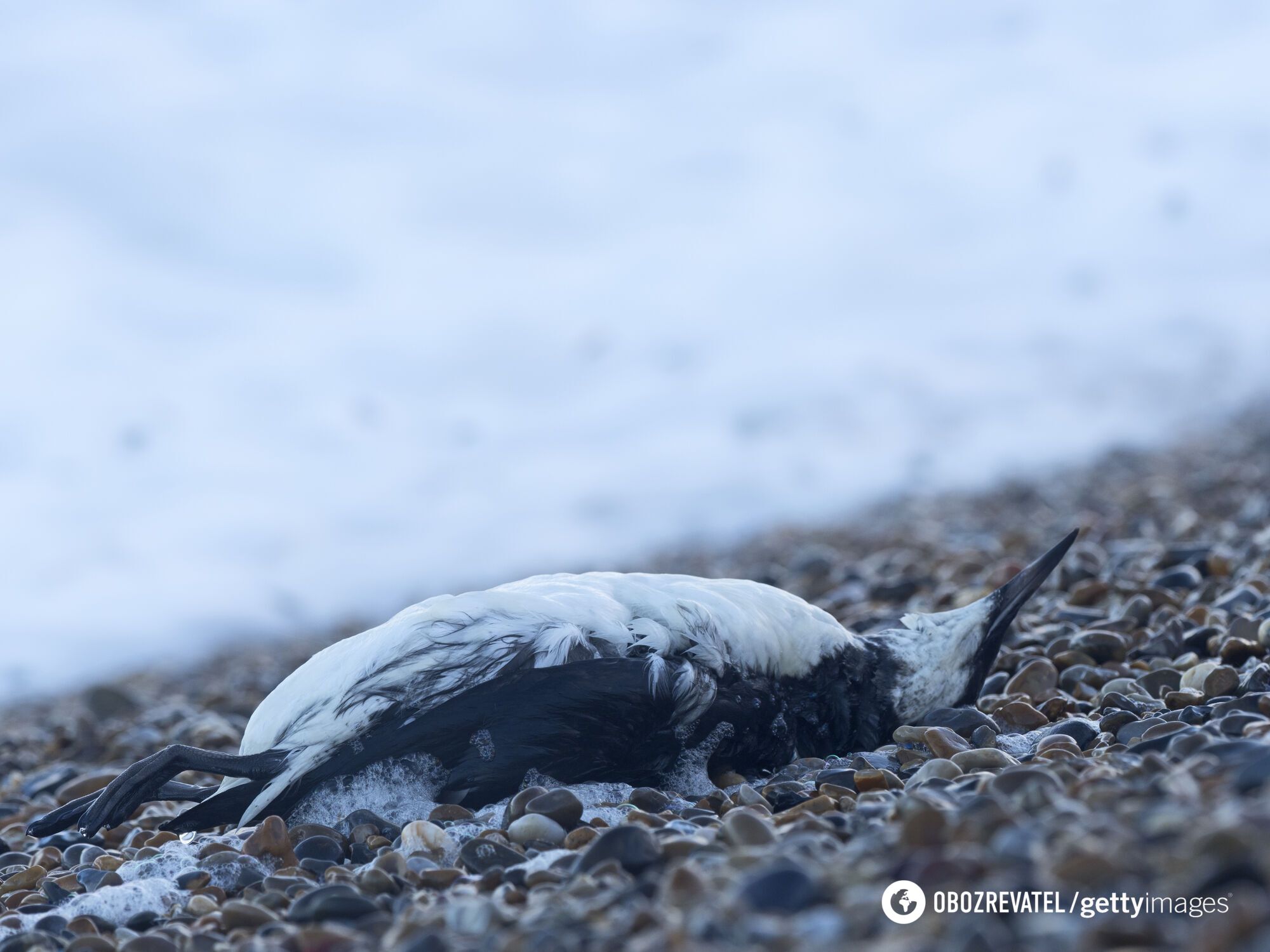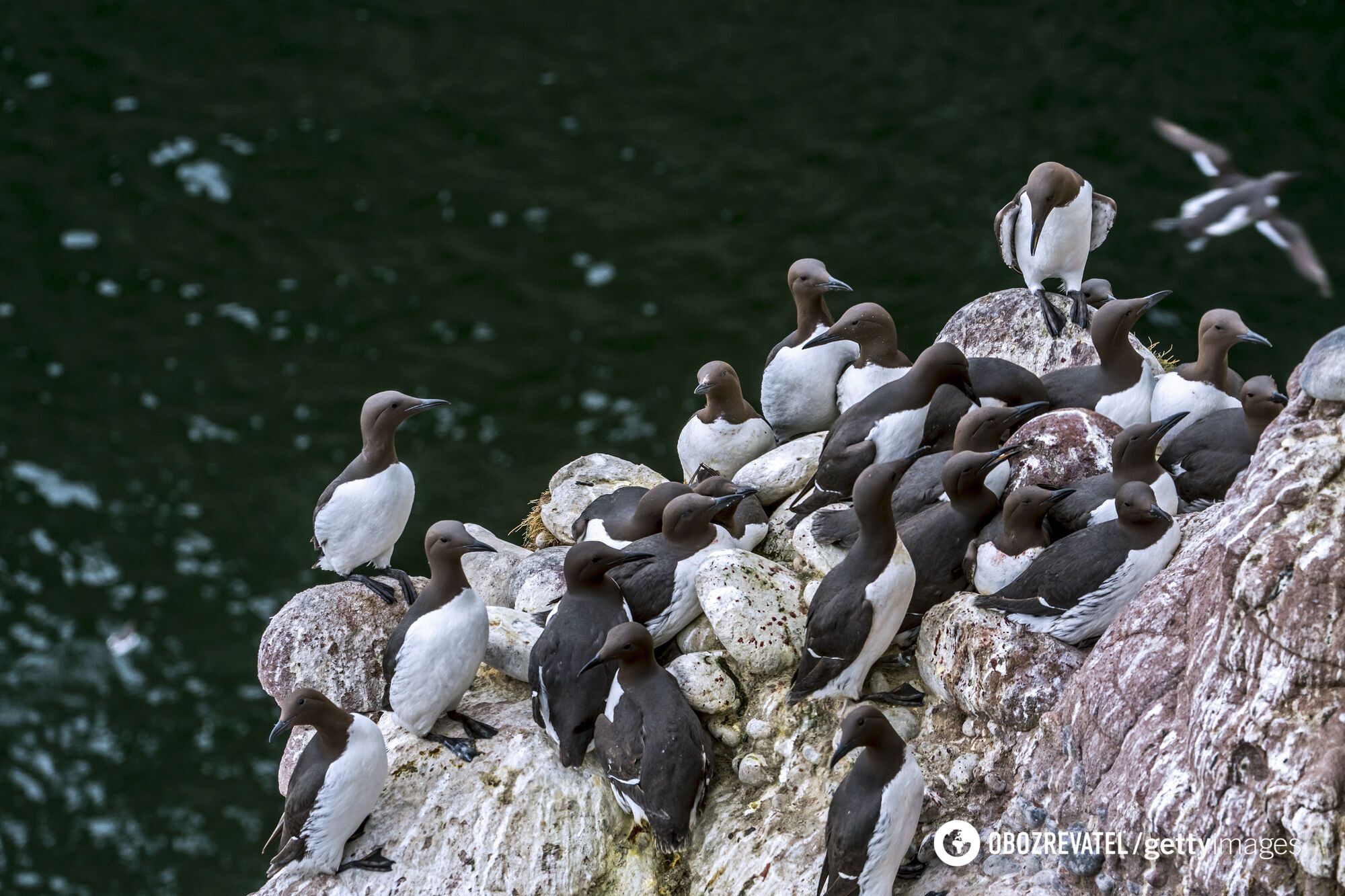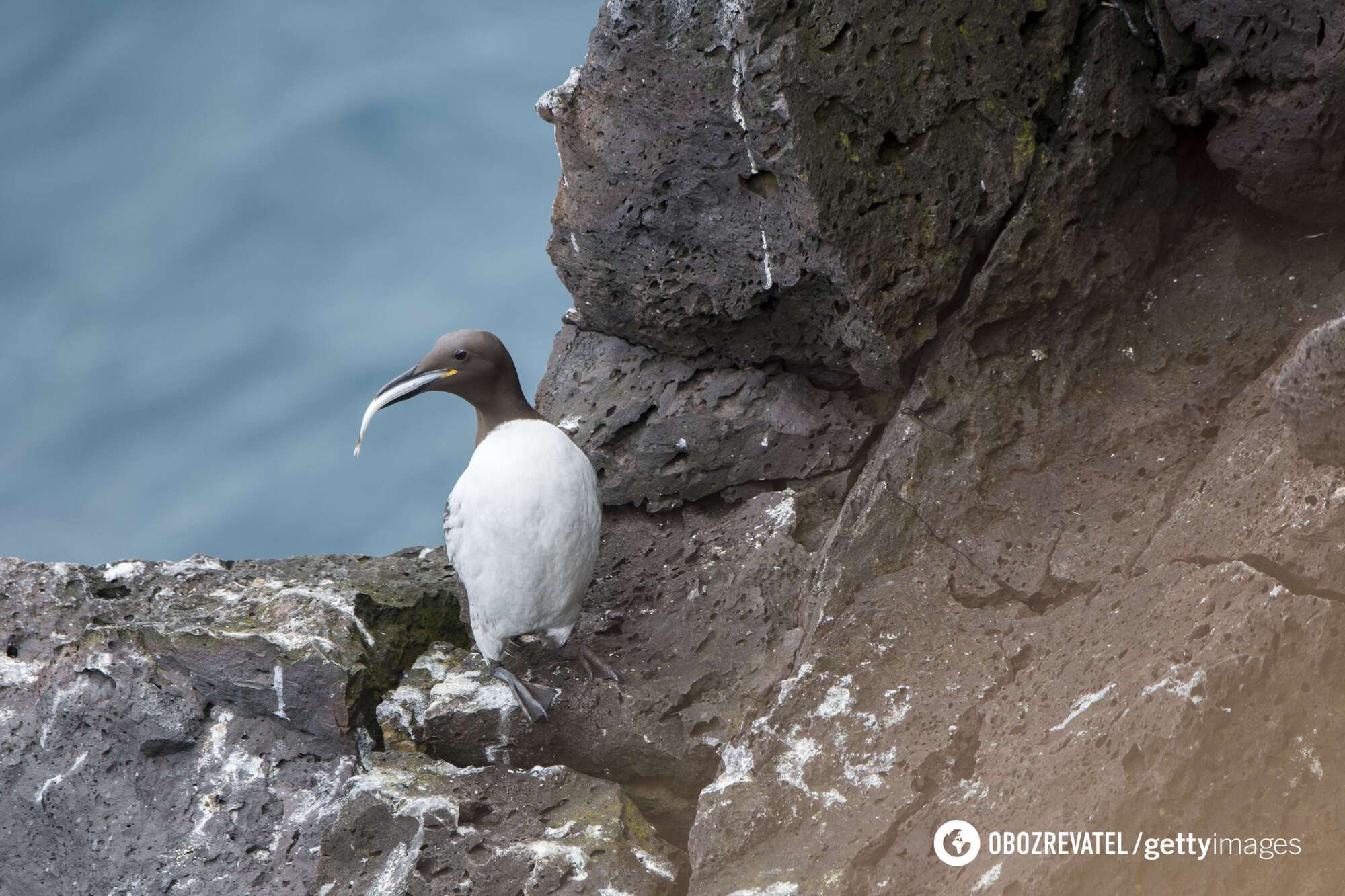News
The largest species extinction in history. Scientists blame an oceanic "spot" for the deaths of millions of "flying penguins"
Experts have found the cause of the largest extinction of penguin-like birds in modern history. It is a sea heat wave known as a "blob" – a large mass of unusually warm water off the coast of North America in the Pacific Ocean.
According to scientists, it was this "spot" that could have caused the death of half the population of a common seabird that looks like a flying penguin. The heatwave between 2014 and 2016 was the strongest marine heat wave in history, raising the ocean temperature by about 14 degrees Celsius, MailOnline writes.
This destabilized the weather and coastal marine ecosystems from California to Alaska, reducing food supplies for seabirds and causing massive deaths.
Their disappearance has a particular impact on Alaskan Native communities, as "flying penguins" have traditionally been an important source of meat and eggs. According to experts, the population decline threatens traditional harvesting methods and cultural ties.
Prior to the heat wave, Alaska was home to approximately 8 million seabirds, which is about a quarter of the world's population of these animals. But now scientists estimate that their number has dropped to about 4 million based on an analysis of survey data collected after the heat wave. Moreover, they show no signs of recovery. In 2020, researchers studying the causes of the bird deaths concluded that it was most likely starvation due to the effects of the heat wave. At the time, they estimated the death toll at between 62,000 and 1 million.
The new study revealed the full extent of this extinction, emphasizing the catastrophic impact of ocean warming on animal populations.
It's been seven years since the "blight" wiped out the bird population in Alaska. And, according to scientists, the fact that they have not yet shown signs of recovery is a cause for concern.
While it is difficult to pinpoint the exact reasons why this population has failed to recover, it is likely that the heat wave altered the resources and dynamics on which the common murres depend, ultimately destabilizing the entire ecosystem.
"This study shows a clear and surprisingly long-lasting impact of marine heatwaves on the most popular marine predator species. Importantly, the heat wave did not affect the heat stress on the birds, but rather changes in the food web, which led to their sudden and fatal deprivation of sufficient food," commented Julia Parrish, professor of aquatic and fisheries sciences and biology.
Only verified information is available on our Telegram channel OBOZ.UA and Viber. Do not fall for fakes!






























